Evolutionary Biology and Ecology of Cancer
30 June–3 July 2025
Wellcome Genome Campus, UK
Summary
Cancers are dynamic ecosystems of evolving cells, making knowledge of evolution and ecology crucial for understanding and clinically managing cancer. However, there are few cancer biologists trained in these disciplines. This course is designed to bridge that gap, foster cross-disciplinary exchange of ideas, and provide hands-on training in applying evolutionary and ecological tools to cancer research.
This year’s programme will highlight various modelling, ecological, phylogenetic and digital pathology tools used in cancer research. Participants will deepen their understanding of evolutionary biology through interactive workshops that are applied to the somatic cell evolution in cancer, as well as the principles of ecology relevant to studying tumour microenvironments and immune selection. Additionally, participants will learn how to quantify evolutionary concepts in cancer using data and apply evo-eco principles to the design of novel clinical trials.
In addition to its educational content, the course also offers a rare opportunity to network and collaborate with distinguished researchers in the field. As part of the programme, attendees will present a poster of their work, fostering engaging discussions and feedback during dedicated poster sessions.
Target audience
The course is suited to researchers interested in understanding cancer from an evolutionary and ecological perspective. Applications are invited from both academic and clinical background such as early-career researchers, including PhD students and postdoctoral fellows.
This is a residential course, and all participants are requested to attend in person. By doing so, you’ll maximise the benefits of the immersive discussions and gain unique networking opportunities with both peers and field leaders.
Explore the key benefits of attending this course in this blog article.
Learning outcomes
After attending this course, you will be able to:
- Explain the principles of evolutionary biology as applied to somatic cell evolution in cancer.
- Utilize the practical rules for reading tumour evolutionary histories step by step.
- Interpret tumour lineages through time and space.
- Apply ecological principles to study tumour microenvironments and immune selection, and integrate these principles with digital pathology data.
- Quantify evolutionary concepts in cancer using data.
- Describe cancer evolution using mathematical models and apply computational statistics to fit these models to data.
- Employ comparative genomics tools to analyse genomes across species to identify genetic signatures of cancer resistance.
- Implement evolutionary and ecological approaches to address the challenge of therapeutic resistance.
- Design clinical trials and biomarker studies informed by evolutionary principles.
Programme
The course will start at approximately 12.50 on Monday, 30 June and close at approximately 13.00 on Thursday, 3 July 2025. All times are in BST.
The programme will include lectures, workshops, and poster sessions covering the following topics:
- Introduction to key evolutionary and ecological concepts
- The grammar of somatic evolution in raw data
- Immune selection
- Evolutionary genomics
- Digital pathology: from images to cells
- Quantitative thinking
- How to make computational models
- Computational statistics and machine learning
- Comparative oncology and life history theory
- Designing clinical trials: evolutionary and ecological perspectives
- Scientific creativity (group activity)
Organisers and speakers
Scientific programme committee
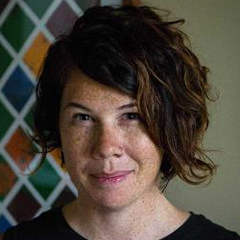
Amy Boddy
University of California, Santa Barbara, USA
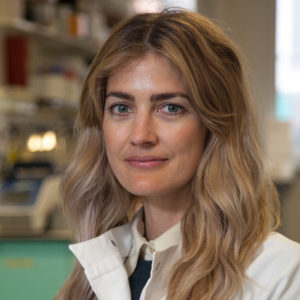
Kathleen Curtius
University of California, San Diego, USA
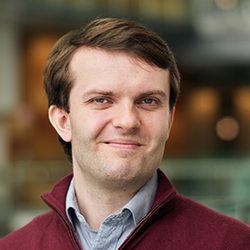
Alex Frankell
University of Cambridge, UK
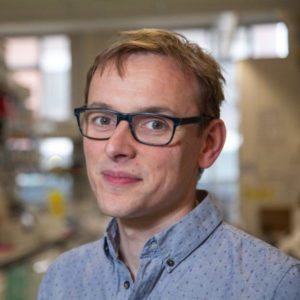
Trevor Graham
The Institute of Cancer Research, London, UK
Confirmed speakers
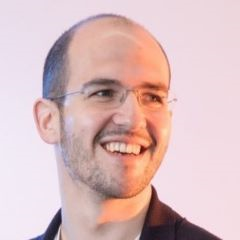
Alex Cagan (keynote speaker)
University of Cambridge, UK
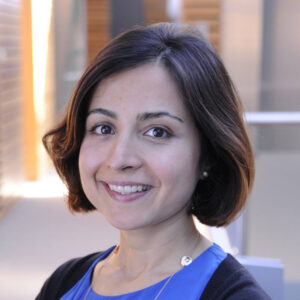
Raheleh Rahbari (keynote speaker)
Wellcome Sanger Institute, UK
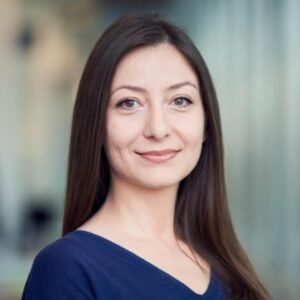
Mihaela Angelova
Francis Crick Institute, UK

Amy Boddy
University of California, Santa Barbara, USA
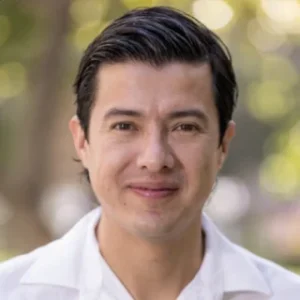
Daniel Chávez
Pontifical Catholic University of Ecuador

Kathleen Curtius
University of California, San Diego, USA
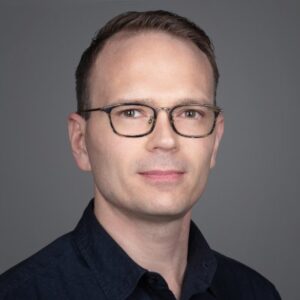
Chandler Gatenbee
Moffitt Cancer Center, USA

Alex Frankell
University of Cambridge, UK
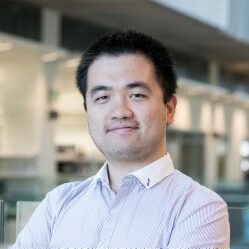
Xiao Fu
Cancer Research UK Scotland Institute, UK
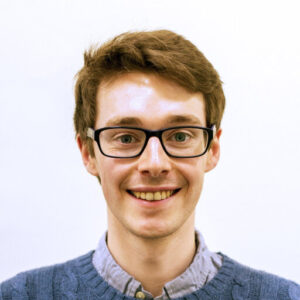
Calum Gabbutt
Imperial College London, UK

Trevor Graham
The Institute of Cancer Research, London, UK
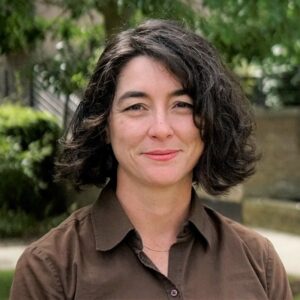
Sarah Killcoyne
Cyted, UK
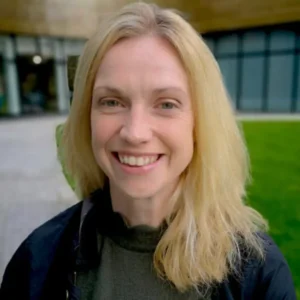
Rebecca Lee
University of Manchester, UK
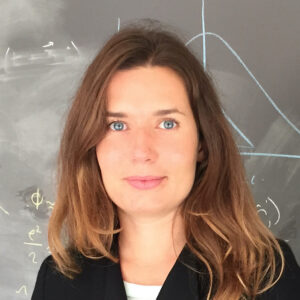
Marta Łuksza
Icahn School of Medicine at Mount Sinai, USA
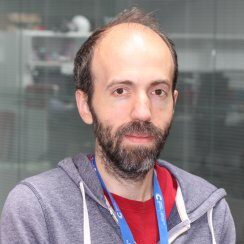
Florent Mouliere
Cancer Research UK National Biomarker Centre, UK
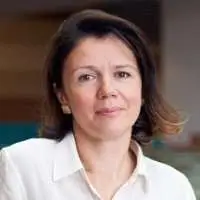
Samra Turajlic
Francis Crick Institute, UK
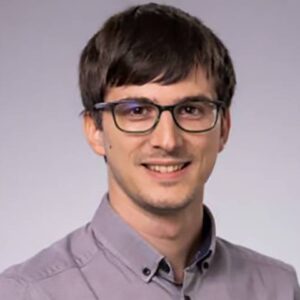
Simone Zaccaria
University College London, UK
Organisers – Wellcome Connecting Science
Jemma Hume, Event organiser
Nagehan Ramazanoglu Bahadir, Programme developer
How to apply
Prerequisites
Places on this course will be awarded on merit. Applications are invited from early career researchers, including PhD students, postdoctoral fellows and new principal investigators.
How to apply
Please complete the online application form, and be prepared to provide PDFs of:
- Qualifications and justification for attendance
- Our courses are highly subscribed, so it is essential to clearly show how the skills you will learn in the course will be directly applicable and beneficial to your current role/project and how do you plan to disseminate the knowledge after the course.
- Preference will be given to applicants who are currently working on related projects or soon will be.
- Letter of recommendation
- Applications must be supported by a recommendation from a scientific or clinical sponsor (e.g., supervisor, line manager, or head of department). Ensure that your sponsor provides a tailored supporting statement by the application deadline. This statement must be uploaded as a PDF document to the registration system within your application. Applications without a supporting statement will not be considered.
If you have any problems with the online application process, please contact us.
Cost and financial assistance
Application and bursary deadline: 1 April 2025 at 23.59 BST
| Course fee* | |
| Academic/non-profit organisation | £780 |
| Commercial/for-profit organisation | £1205 |
The course fee will be requested once acceptance is confirmed.
*The fee includes all accommodation and meals. Participants are encouraged to stay onsite as networking and informal discussion are an important part of this training. If you do not require accommodation, please contact the event organiser.
Bursaries
Wellcome Connecting Science offers registration bursaries (usually 50% of the registration fee) to those who would benefit from training but face financial barriers to attending events.
Bursary applications need to be completed in the online course application form before the deadline.
Please be prepared to:
- explain why you would benefit from funding
- answer questions about your research or work.
We will be in contact with the result of your application shortly after the deadline.
Additional funding opportunities
Visit our support page for additional financial support currently available.
Extra accommodation
Booked accommodation is for the nights of 30 June, 1 July and 2 July 2025. If you wish to book onsite accommodation either side of the course dates, please contact the Conference Centre directly.
Travel visas
Please check the UK government website for advice on whether you will need a visa or an electronic travel authorisation and how to obtain one: https://www.gov.uk/standard-visitor.
Confirmed attendees requiring a letter to support a visa application should contact the event organiser.
Accommodation services phishing scam – please be vigilant. More information.
Sponsors
If you are interested in supporting this meeting, please contact us.
For more information about the benefits of having a presence at this meeting, see our sponsorship page .
Testimonials
Feedback from the previous course attendees:
“Amazing course! It was a perfect introduction to the field for me, everyone was super helpful and I’m so impressed with the amount of materials we received and the network that was created.”
“It really gave me a good perspective of cancer and helped me to vision my future plan.”
“I really enjoyed the interactive learning sessions, this was the highlight for me. I also found that I was able to have a good discussion with everyone at the course, as having approx. 30 people over 5 days felt about the right size to get to know other and what their work focuses on. I look forward to collaborating with many of the students and teachers in the coming years.”
“This course was an amazing experience, I have met incredible people, the campus was awesome and I am sure this will influence my research greatly.”

